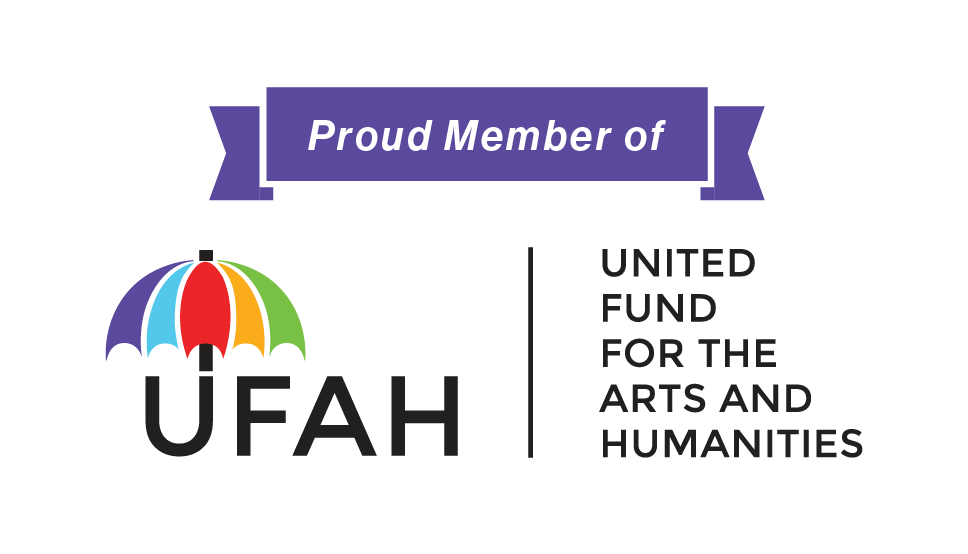Kyle Willoughby
Catalog Number: 1990.081.01
Copyright La Crosse County Historical Society
For this week’s “Things That Matter,” we are traveling back in history with a doctor’s bag that belonged to Dr. John Callahan, a local physician who began his medical practice in La Crosse in 1891 and retired 52 years later.
Dr. John Callahan was born in Appleton in 1859 and received his medical degree from Rush Medical College in Chicago.
Copyright La Crosse County Historical Society
After graduating, Dr. Callahan came to La Crosse to begin his medical practice. A few years later he set up office within his residence at 933 Rose St. This house was listed on the National Register of Historic Places in 1995.
From his home office, Dr. Callahan held appointments and made home visits for about eight years before he sold the home to Dr. George and Eva Lueck for $5,000.
In the years leading up to his retirement in 1943, Dr. Callahan and Dr. Lueck were both physicians and likely partners holding offices at 422 Main St. and at the Rose Street address. It was during this time, that Dr. Callahan served as the city physician for La Crosse for several years.
Dr. Callahan’s medical bag is a hard-shell case lined with black leather. It would have accompanied him on his house visits. Included in the case are a series of sterilized bandages, doctors’ gloves and medical supplies. However, most of the case is occupied by more than two dozen glass vials for liquid and tablet medicines.
Some of the medicine bottles still have the paper label with Dr. Callahan’s name and the original contents.
These handwritten labels are difficult to read, but you can make out some. There are “Sal Hepatica,” and “Phenolax,” both early commercial laxatives, and one vial is simply labeled “tonsillitis.” We can only wonder what those pills contained.
Callahan, like many other physicians during his time, made house calls when a patient was too sick or injured to travel. Carrying this bag to patients’ homes would have assisted him in providing a quick cure for the sick, or a brief remedy for more ailments in which more serious practice was required.
This method was considered less expensive as patients did not require expensive health insurance or funds to travel to a physician in another town or city. People, including the doctors, also felt that personal attention in the home was less stressful and more effective.
This article was originally published in the La Crosse Tribune on March 23, 2019.
This object can be viewed in our online collections database by clicking here.


